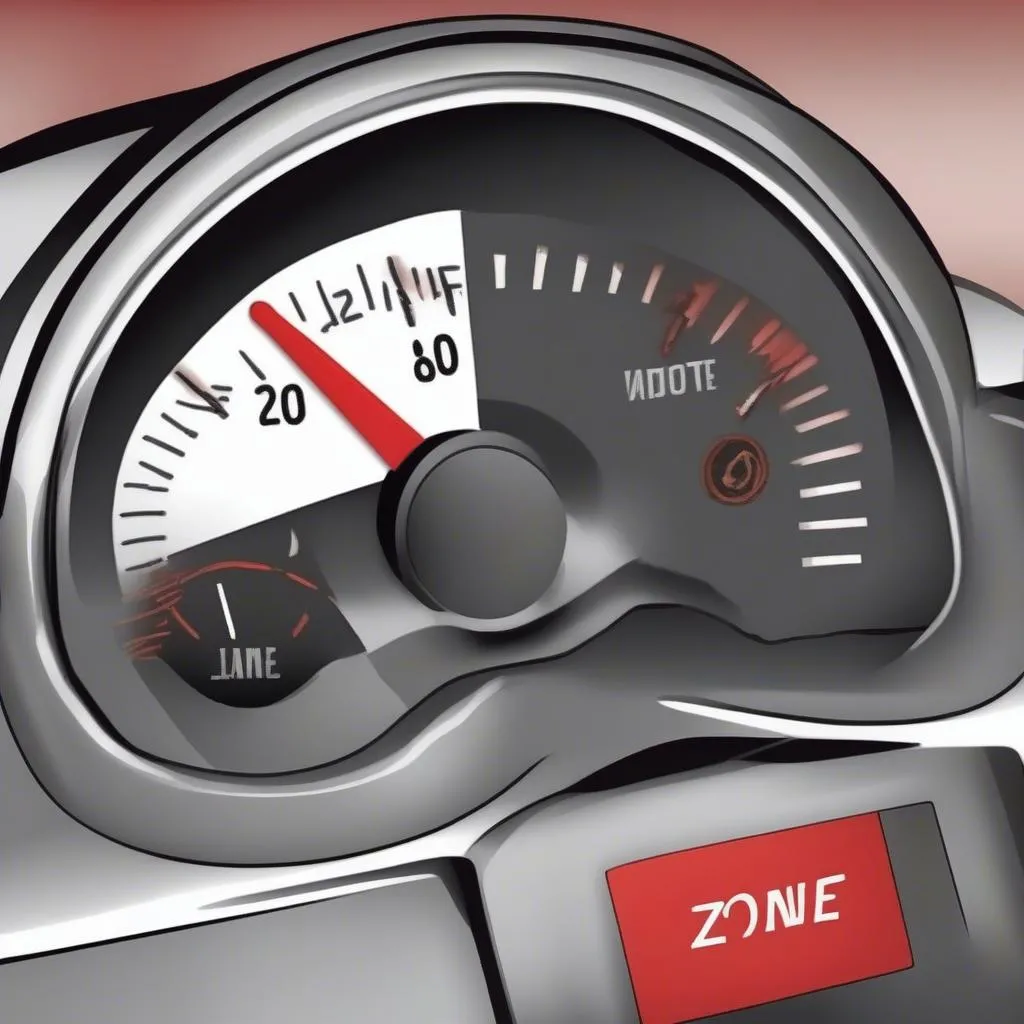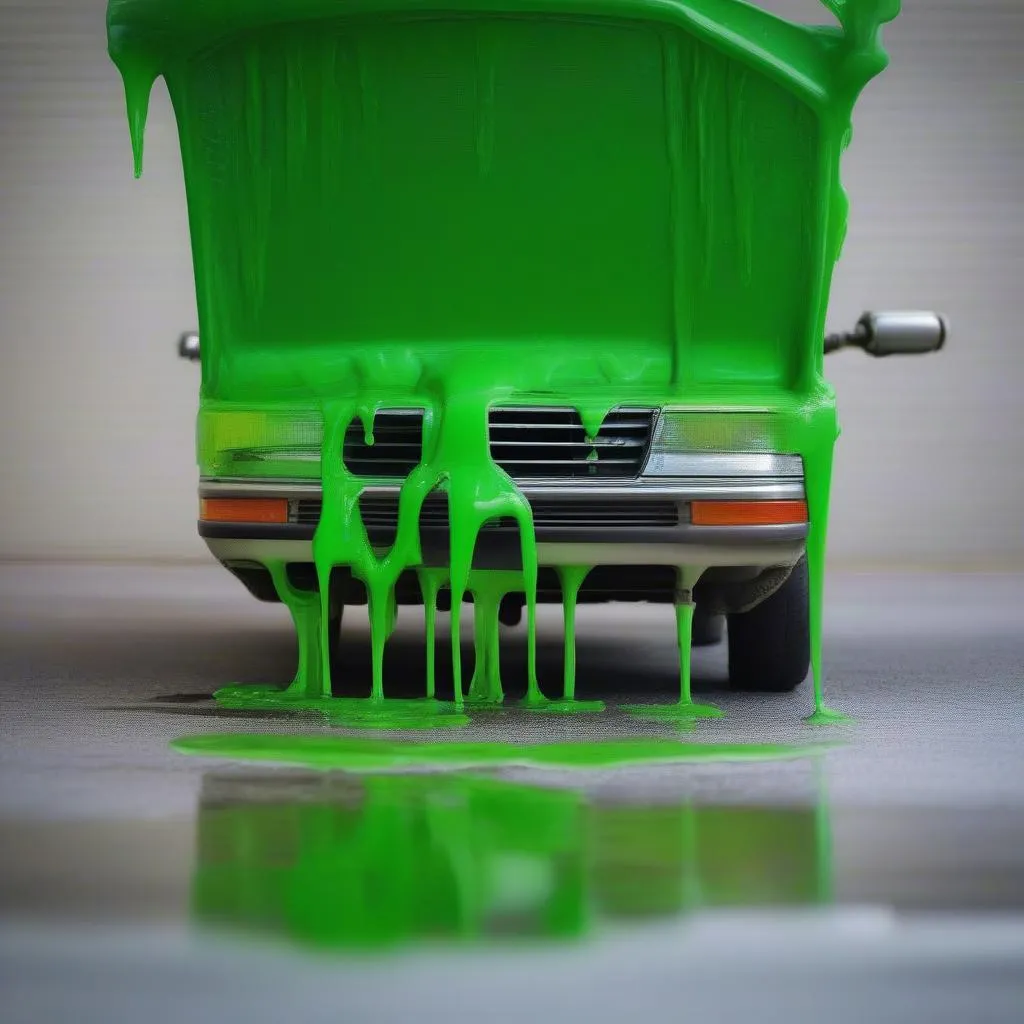Imagine you’re driving down the highway, enjoying the open road, when suddenly your car’s temperature gauge starts to climb. You feel a wave of panic as you pull over, wondering what’s going on. This is a common scenario for many car owners, and it can be a frustrating experience.
What Does It Mean When Your Car Runs Hot?
A car running hot is a serious issue that should not be ignored. When the engine overheats, it can lead to serious damage, including warped cylinder heads, cracked engine blocks, and even a blown head gasket. This is why it’s crucial to understand the causes of a car running hot and how to fix it.
Causes of a Car Running Hot
Engine Coolant Issues:
One of the most common causes of overheating is a problem with the engine coolant system. This system is responsible for circulating coolant throughout the engine, absorbing heat, and transferring it to the radiator for dissipation. Issues like:
- Low Coolant Levels: If the coolant level is low, there’s not enough fluid to absorb the heat generated by the engine.
- Coolant Leaks: Coolant leaks can occur in various parts of the system, including the radiator, hoses, water pump, and thermostat.
- Clogged Radiator: A clogged radiator can prevent the coolant from transferring heat properly, leading to overheating.
- Faulty Water Pump: The water pump circulates the coolant throughout the engine. If it fails, the coolant won’t flow properly, causing overheating.
Other Potential Issues:
- Faulty Thermostat: The thermostat controls the flow of coolant through the engine. A faulty thermostat can prevent the coolant from circulating properly, leading to overheating.
- Radiator Fan Malfunction: The radiator fan helps to cool the engine by drawing air through the radiator. If the fan fails to work, the engine can overheat.
- Blocked Airflow: If the airflow to the radiator is restricted, the engine can overheat. This can happen due to debris buildup, a damaged grille, or a malfunctioning fan.
Symptoms of an Overheated Engine
Here are some common symptoms of an overheating engine:
- Temperature Gauge Reading High: The most obvious sign of an overheating engine is a high temperature gauge reading.
- Steam Coming From Under the Hood: If the engine is overheating, you may see steam coming from under the hood.
- Overheating Warning Light: Most modern cars have an overheating warning light that will illuminate if the engine temperature gets too high.
- Unusual Engine Noises: An overheating engine may make unusual noises, such as knocking or rattling.
- Reduced Engine Power: An overheating engine can also cause a loss of power.
- Burning Smell: You may notice a burning smell coming from the engine compartment.
You can visualize this by checking the  Car Gauge Needle Showing High Temperature.
Car Gauge Needle Showing High Temperature.
How to Fix a Car Running Hot
The first step is to pull over to a safe location and turn off the engine. Let the engine cool down before attempting any repairs.
Simple Fixes:
- Check Coolant Levels: If the coolant level is low, add more coolant to the reservoir. Always use the correct type of coolant for your vehicle.
- Check for Leaks: Look for any visible coolant leaks. You may be able to spot a leak by looking for drips under the car or by checking the hoses and radiator for signs of damage.
- Check the Radiator Fan: Make sure the radiator fan is working properly. You can test it by turning on the engine and then checking if the fan comes on when the engine temperature gets high.
More Complex Fixes:
- Replace a Faulty Thermostat: If the thermostat is faulty, you will need to replace it.
- Repair or Replace a Damaged Radiator: If the radiator is damaged, you may need to repair or replace it.
- Fix Coolant Leaks: Repair any coolant leaks.
- Replace a Failed Water Pump: If the water pump fails, it will need to be replaced.
For example, you might see a  Coolant Leak Underneath a Car when you’re checking for leaks.
Coolant Leak Underneath a Car when you’re checking for leaks.
Important Notes:
- Don’t Ignore the Problem: Overheating is a serious issue that can lead to significant engine damage. Don’t wait to fix it.
- Seek Professional Help: If you’re not comfortable performing repairs yourself, take your car to a mechanic. They will be able to diagnose and fix the problem quickly and efficiently.
FAQs
- Can I drive my car if it’s running hot? No, you should not drive your car if it’s overheating. Doing so can lead to serious engine damage.
- How often should I check my coolant levels? You should check your coolant levels at least once a month, and more often if you notice any signs of a leak.
- What type of coolant should I use? The type of coolant you should use will depend on your vehicle’s make and model. Check your owner’s manual for the recommended coolant type.
Related Articles
- Car Remote Start – Learn about the convenience and benefits of remote car starters.
- Cable Car San Francisco – Explore the iconic cable cars of San Francisco.
Contact Us
Don’t hesitate to reach out if you need assistance with your car’s diagnostics. We’re available 24/7 on WhatsApp at +84767531508.
Stay safe and keep your car running cool!


